The next generation of rich list families are focusing on a move to impact investing and greater ambition on climate
It’s no longer a question of choosing profit over planet. A new generation prioritises impact investing to retrain focus of their family wealth on a climate positive yet lucrative future.
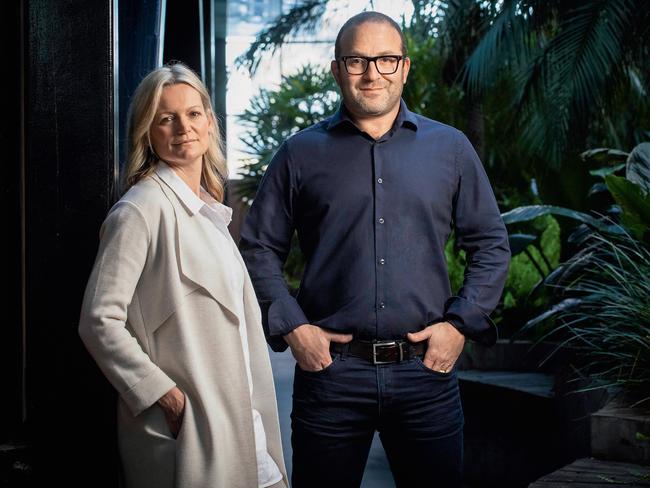
As an executive director of the Morris Group, Hayley Morris plays a critical role in managing the $850 million fortune of her father, Computershare founder Chris Morris.
Their family office has operations spanning the hospitality, tourism, aviation, technology and agriculture sectors, including being one of the nation’s biggest owners of pubs.
But there is one part of the group that is especially close to Hayley’s heart.
Twelve years ago her father backed her creation of the Morris Family Foundation, the philanthropic arm of the Morris Group that makes impact investments in food security, sustainable agriculture, and protection and restoration of the environment.
Impact, or so called shared-value investing, provides investors with financial as well as social returns.
The practice is being increasingly embraced in Australia, especially by the nation’s high-net-worth investors and philanthropic foundations, but the task remains to put it on the same footing as a traditional financial investment. Hayley Morris lives that challenge with her father every day.
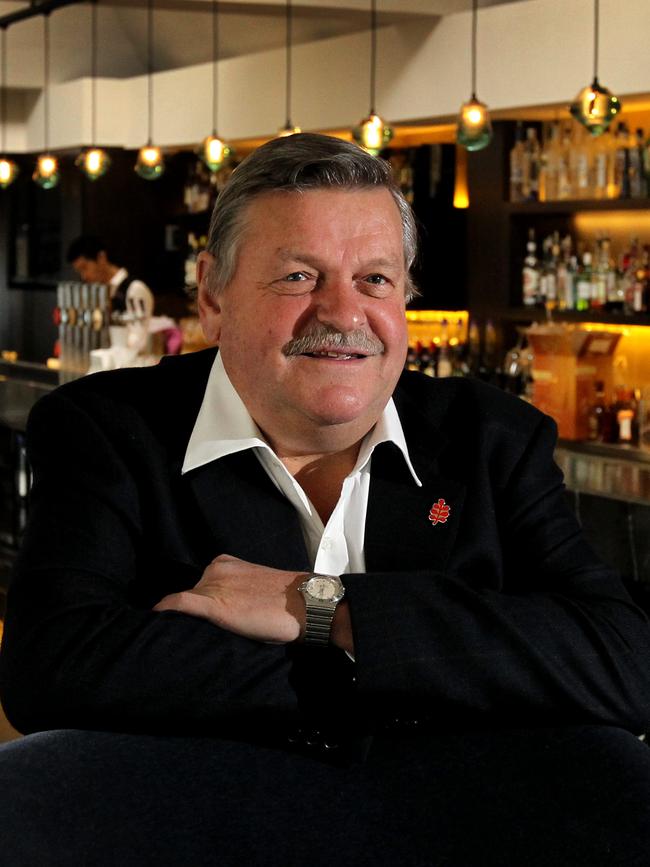
Last September Chris Morris stepped down from the board of Computershare — the share registry services company he started in 1978 – but will stay on as a major shareholder as the business keeps up its global growth. His focus now is on his collection of pubs, hotels and craft-beer assets around Australia, as well as tourism holdings in north Queensland that range from a casino in Townsville to island resorts.
He still leaves the impact investments to his daughter. But Hayley says her father is beginning to appreciate that it is not just the “hard” assets he has always loved that can make money for the Morris Group.
“I don’t want to be clichéd, but it is a journey. It has just been something that I’ve probably had to chip away at. It can also be a two steps forward, one step back type of process,’’ she says.
THE NEW GREEN ECONOMY
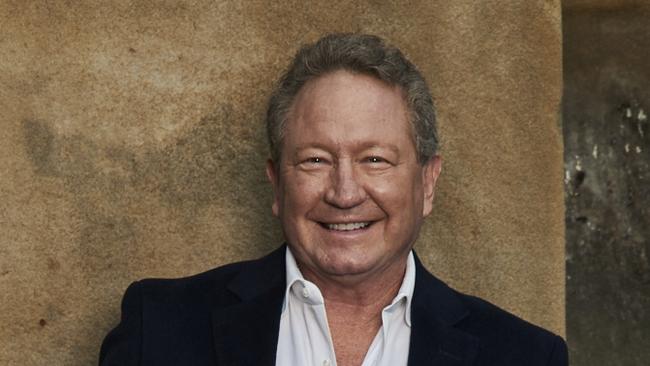
Twiggy’s green ambition put to the test
Andrew Forrest is convinced his ambitious green hydrogen plans are a key plank in the battle against global warming. But can the iron ore billionaire pull off the ultimate pivot?
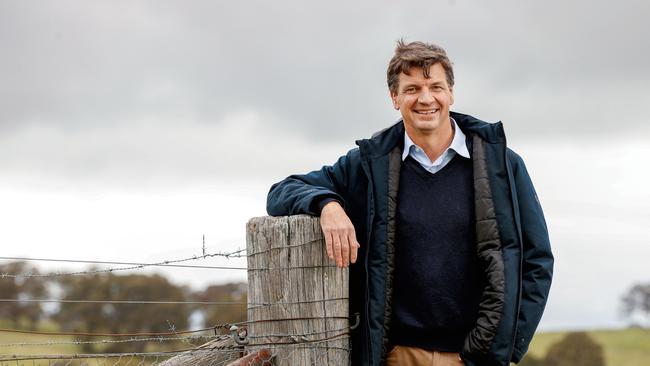
‘Cats can be herded if there’s a clear goal’: Angus Taylor
The government’s position on climate change is built on respect, says Industry, Energy and Emissions Reduction Minister Angus Taylor.
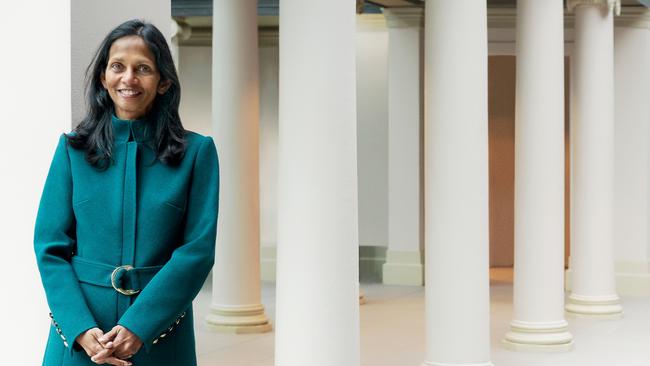
‘It’s our responsibility to be the adults’: Wikramanayake gets real
In a rare interview the Macquarie Group chief reveals its highly calculated approach to renewables investment and the discussion with her teenagers that crystallised the need to take action.
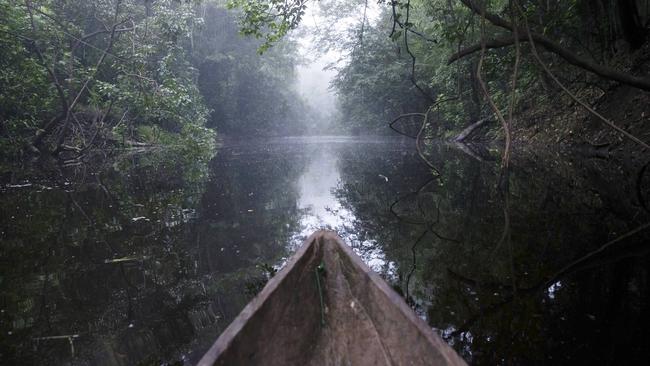
Is nature really at the centre of the ‘green dream’?
Looking after the land makes sense but in the end, someone has to pay. Good intentions will only go so far.
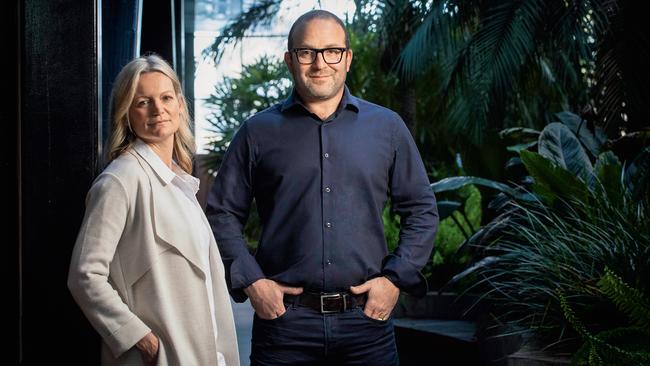
Rich-listers embrace climate shift
It’s no longer a question of choosing profit over planet. A new generation prioritises impact investing to retrain focus of their family wealth on a climate positive yet lucrative future.
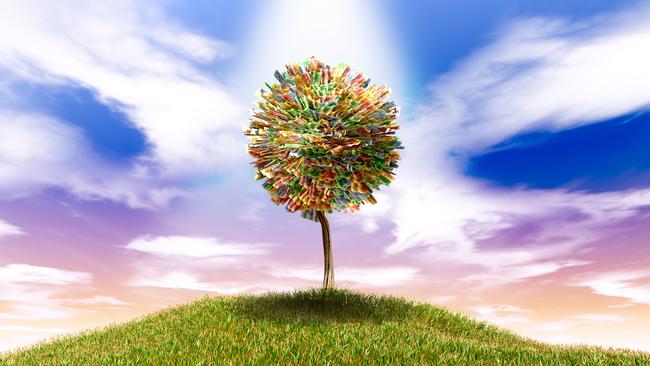
Why climate change is a business opportunity
The transition to carbon neutrality will require trillions. For the financial sector this means not just the opportunity to fund the future, but to profit from it.
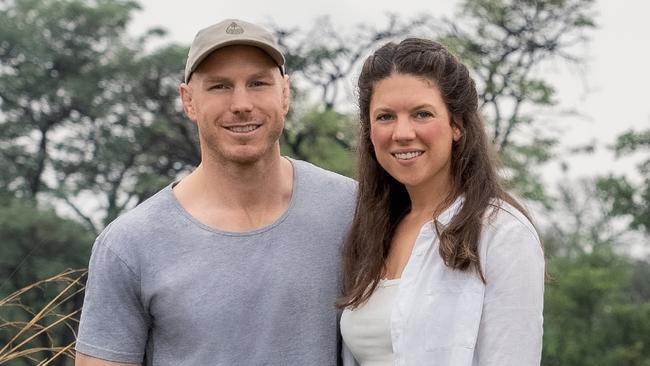
Rugby great takes climate fight to Canberra
David Pocock and wife Emma are playing to win with their commitment to turn talk into action on environmental issues.
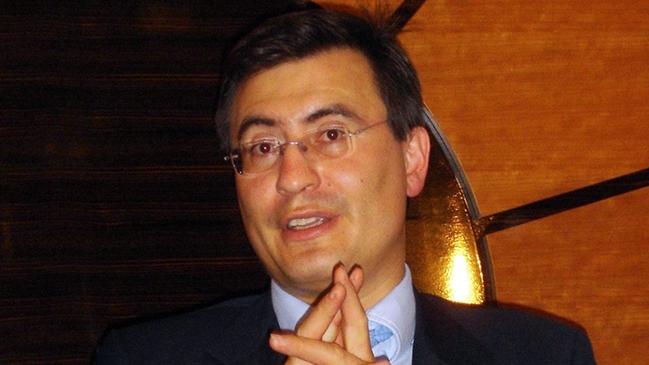
Billionaire piles pressure on big Aussie polluters
Australia’s enormous resource companies are on notice as a new breed of emboldened financial agitators take an aggressive – and often effective – stance on climate accountability.
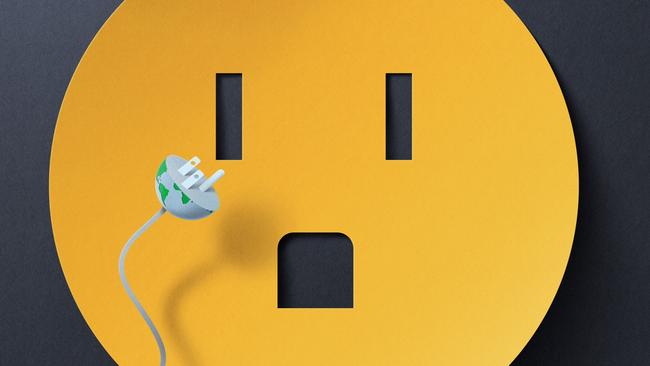
Could your car power your house one day?
A reality where the energy stored in your car is plugged in to electrify your home edges ever closer.
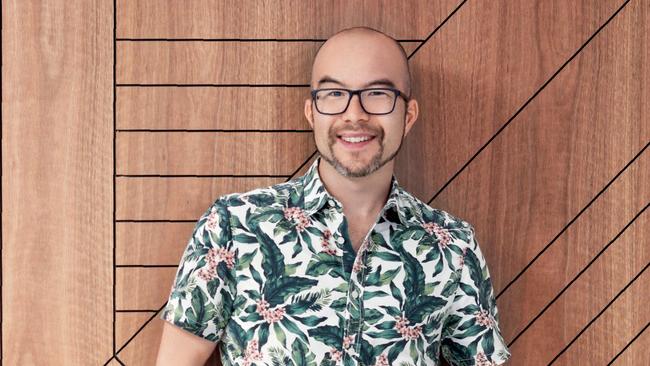
Cameron Adams on being a DJ loving climate warrior
Decisive action on climate matters as much as taking democratised design to the world for the co-founder of tech heavy-hitter, Canva.
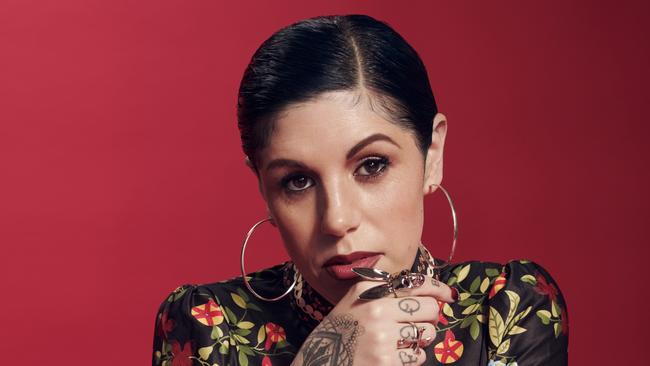
The Australian names to know in sustainable food and wine
From the man behind Sydney’s fish eatery Saint Peter to a self proclaimed meat-eating vegan, these Australians know a thing or two about sustainable food and wine.
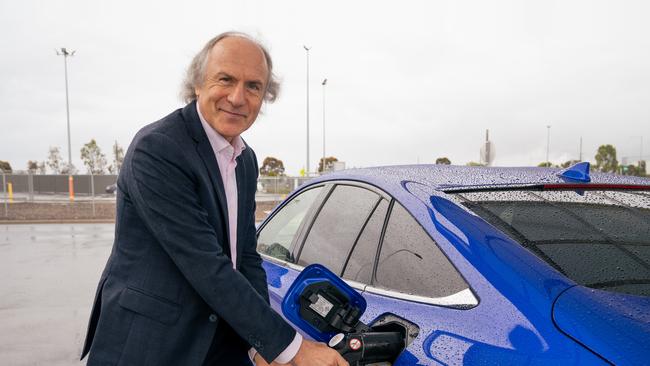
Alan Finkel: ‘Technology is enabled by government’
Now is the moment as government, industry, technology and communities embrace both the urgency and practical reality of emissions reduction.
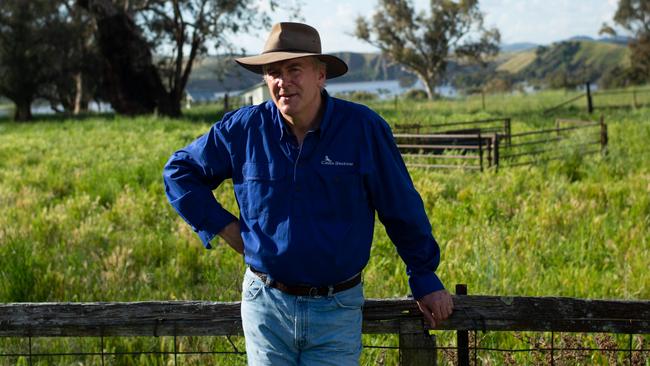
Climate solution may lie beneath our feet
One answer to the global emissions question is right beneath our feet, says newspaper publisher turned commercial cattle farmer Alasdair MacLeod.

Is this the cure for electric vehicle range anxiety?
Does the idea of electric vehicles give you range anxiety? Car companies have a cure for that, and it’s called a “PHEV”.
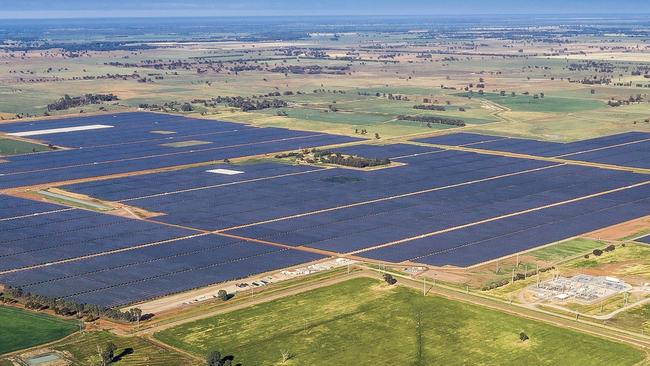
Solar plan set to shine
Australia’s appetite for solar continues to surge, driving everything from households and electric vehicles to mining projects seeking a cleaner future.
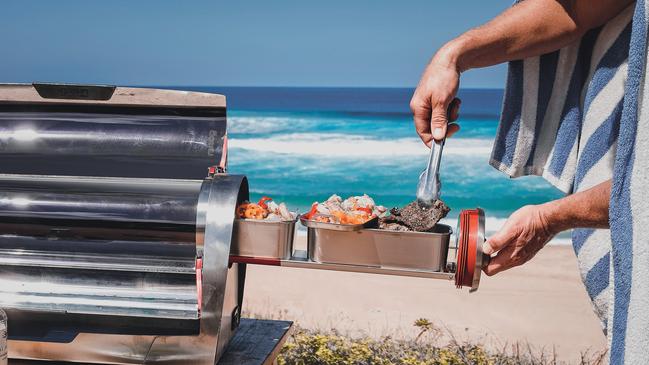
Six boundary-pushing tech innovations
From a solar-powered outdoor oven to robotic lawnmowers, the latest in green technology sets you up for a future-facing daily life.

Can an office be sexy … and sustainable?
A leading design studio experiments with sustainability by stealth at their innovative – and sexy – Sydney HQ.
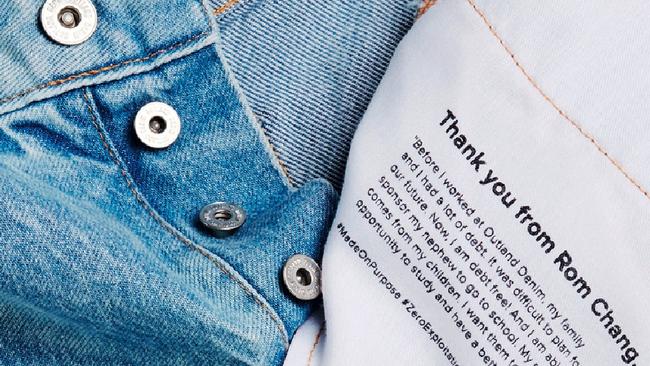
The Australian denim brand leading the charge
Start unpicking the fashion industry and the cost to climate is clear. But Queensland’s Outland Denim is determined to break the pattern.
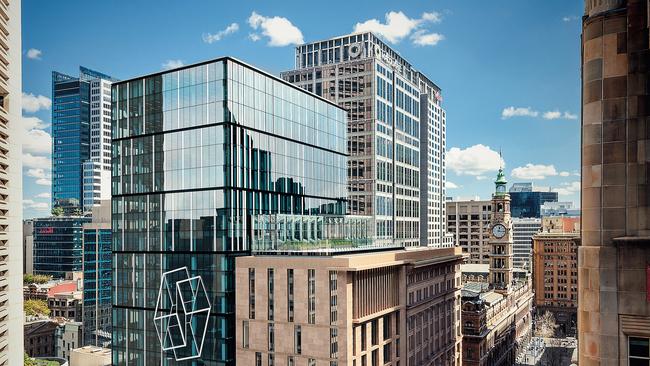
Sky’s the limit: Inside Australia’s greenest buildings
Concern for the environment and employees alike is at the heart of these top four sustainable, and awarded, new commercial spaces. SEE THE PICTURES
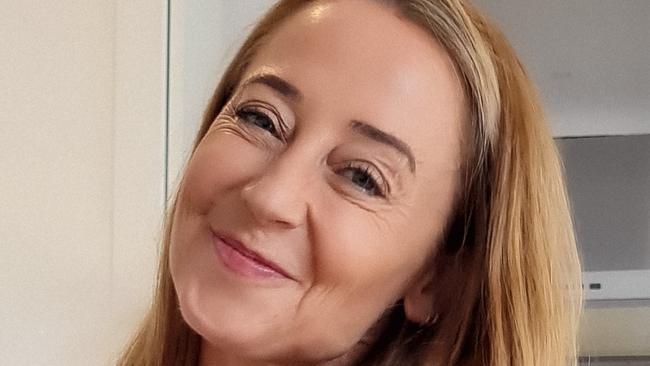
Living sustainably is harder than it looks
Two very different lives, one urgent shared challenge: to take concrete steps towards more sustainable daily choices.
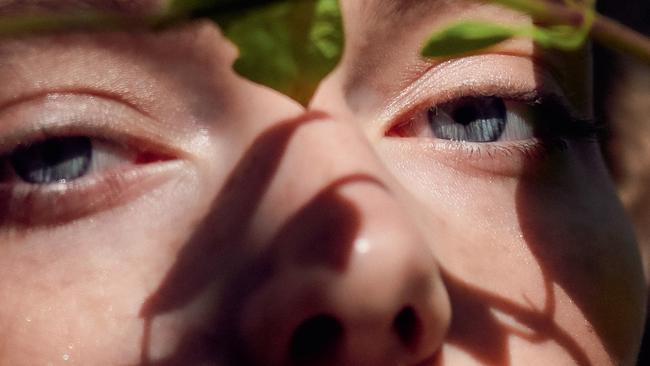
Skincare brands put planet before profit
A swath of pioneering skincare brands are setting new low-impact benchmarks in the process.

Solid-state batteries ‘will secure EVs’ future’
For electric vehicles to truly capture the public’s imagination – and wallets – charging certainty and speed is necessary. Enter the solid-state battery.
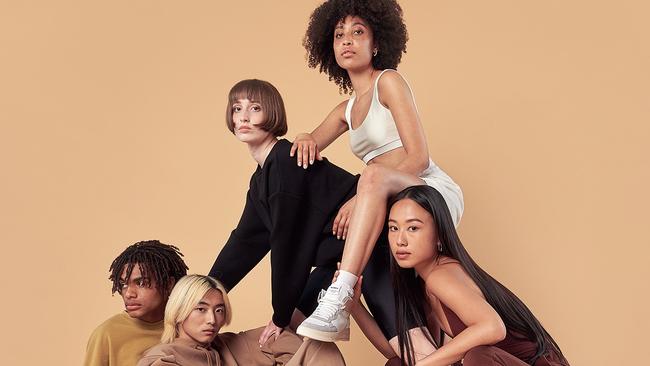
The fashion innovators to know in 2022
French house Hermès turns luxury leftovers into pieces of creative expression, plus the latest in ethical design and the rise of resale.
“Having terms such as impact investing is great, because it sums it up. But I think in the early stages of the formation of an area, it can also be detrimental: the fact it gets an association of being impact first and financial second. So it gets put into the ‘nice and do good’ bucket. But we need to get to the point of it not being a term in itself; it’s just the way we invest.”
Morris’s passion to prove that impact investing doesn’t mean you take a cut in terms of financial performance has brought her together with two other scions of wealthy families in backing a firm known as Kilara Capital, which has focused on generating returns from the low-carbon economy since 2017.
-
“We are doing it with a mindset that takes into account one other crucial factor and that is the world around us, the planet that we walk on.”
— Hayley Morris
-
Kilara started as the private investment arm of the family office of husband and wife team Ben Krasnostein and Cassy Liberman, third generation heirs to the respective fortunes of the billionaire Smorgon and Liberman families.
Krasnostein says he and Liberman, who is on Kilara’s investment committee, remain focused on the impact of climate and are very planet-minded in their investing.
“From the family office point of view, Cassy is very determined to ensure that we are doing the right thing by the next generation. We’re leaving and creating a legacy that’s meaningful, and takes into account community and concepts that are important to her including making sure our children are looked after and aware of their responsibilities,’’ he says.
More recently Kilara has been taking on external capital, including from groups such as the Morris Family Foundation.
“Food is a real interest area for us,’’ Morris says.
“Where Ben and I spend a majority of our conversations is around regenerative agriculture and how we can shift the agricultural system to be more more regenerative.”
Kilara is now raising up to $50 million in capital for its Kilara Growth Fund, a vehicle focused on investing in small- to medium-sized companies that target climate outcomes and substantial commercial returns.
The new fund has four target investment sectors:
* Future food – developing sustainable supply chains for healthy food to feed the growing population.
* Energy transformation – accelerating the transition towards a smart and clean energy system.
* Environmental markets – directly addressing climate change by catalysing carbon offsetting, sequestration and storage.
* Circular economy – designing waste and pollution out of value chains and keeping materials in use longer to retain the embodied energy.
Its sweet spot, as Krasnostein calls it, is with giving “an extra leg up” to companies that are almost break-even in profitability. Kilara has no ambition to be involved in higher-risk venture capital funding.
See The List: 100 Green Power Players of 2022
One Kilara investment that has made headlines in recent years has been its shareholding in Tasman Environmental Markets (TEM), the largest buyer of voluntary market carbon-offset credits in the Asia-Pacific region, which has partnerships with Qantas and Singapore Airlines. TEM’s platform connects consumers and businesses with carbon-offset projects around the world and allows its customers to choose the projects to which they want their offset funds to flow.
“It is going really well. The climate technology that has been developed has been proven on a global scale,” Krasnostein says.
“Since we invested two years ago, we have had a valuation uplift of close to five times from Kilara’s point of view. Importantly, TEM is also playing a very important role in the voluntary carbon-offset market in the Asia-Pacific region.”
Krasnostein and Morris are among a growing crop of the second and third generations of Australian rich-listers who are shifting their impact investments from traditional areas such as medical research to tackling climate change, alternative energy production and environmental causes.
Kahlbetzer family scion Markus Kahlbetzer, who was previously an executive of his billionaire father John’s Twynam Agricultural Group – which made its fortune in meat production – is now CEO of alternative investment outfit, BridgeLane Group.
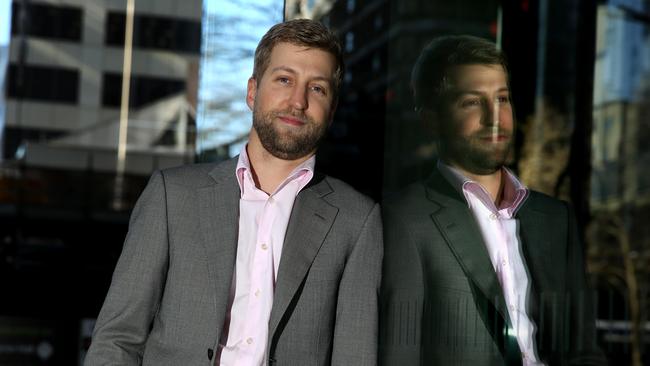
Its current investment portfolio includes 80,000 hectares of cropping and livestock country in Argentina and a founding stake in hydroponic business, Sprout Stack, which grows salad greens in transportable shipping container-sized farms in Sydney and Brisbane.
BridgeLane is also a backer of field robotics startup, Agerris, which takes robot-driven crop management breakthroughs from the University of Sydney to mainstream farms.
“We’re considering what consumers want in the food space, including attitudes on crops, livestock and environmental issues,” Kahlbetzer has said previously.
“While farmers may not like some of these trends, they need to listen to what consumers want, and have to get used to it.”
In Perth, rich-lister Ralph Sarich’s private investment vehicle Cape Bouvard Technologies – which holds the bulk of its fortune in property investments – is working to commercialise a new electric vehicle energy storage system for a wide range of applications from bicycles and motorcycles to cars.
Cape Bouvard is now run by Ralph’s son Peter.
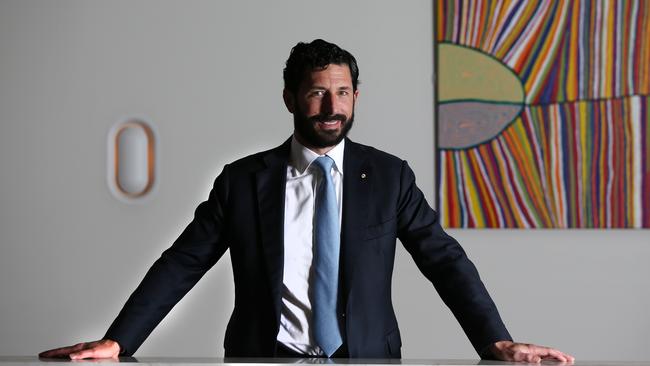
Ryan Stokes, the only member of the billionaire Stokes family now on the board of the listed Seven Group Holdings following the retirement of his father Kerry as chairman in 2021, is also pushing for Seven’s Group’s portfolio to go carbon neutral.
Seven’s industrial subsidiaries, mining services giant Westrac and equipment hire firm Coates Hire, have announced plans to reach net-zero emissions by 2040.
Also in the equipment hire sector, Kennards Hire has established the Kennards Hire Foundation, backing organisations that support disadvantaged youth and environmental conservation endeavours.
In 2018, at a gala event celebrating the 70th anniversary of Kennards Hire, the Kennard family pledged $7 million across five years to establish the foundation, which was founded by third-generation family member Kirsty Kovacs, with Andrew, Prue and Angus Kennard now on the board. It supports a range of environmental and wildlife organisations including Taronga Zoo, Australian Wildlife Conservancy (AWC) and Bush Heritage Australia.
Ben Krasnostein believes a sea change is under way in the high-net-worth and wider community in the attitude to impact investing. But education is ongoing.
“These days there are certainly no sacrifices to be made when it comes to trying to do good things by the planet, and creating commercial opportunities. That’s the key premise of the Kilara Growth fund,’’ he says.
“We are determined to continue to demonstrate that there are opportunities that can be looked at through any sort of private equity investing lens and they will stack up, while at the same time having very meaningful outcomes from an efficiency and production point of view.”
In late 2020 Kilara participated in a US$55 million ($76 million) Series B funding round for the Netherlands-based startup Mosa Meat, which built the world’s first “lab-grown” beef burger back in 2013. One of the most notable participants in the funding round was Japanese mega-conglomerate Mitsubishi Corporation, which has interests across the energy, infrastructure and retail industries, including significant fossil fuel-based assets.
The irony of Kilara’s participation in the round was not lost on Ben Krasnostein, given the Smorgon family built its fortune from the small meat shop it opened in Melbourne in 1927. Family patriarch Victor Smorgon retained a substantial meat-processing business until the Smorgon business empire was broken up in 1995.
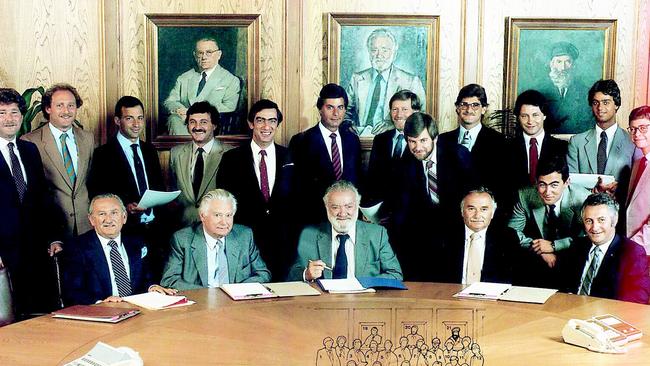
Victor Smorgon passed away in 2009, while Krasnostein’s grandfather, Sam Smorgon, died in 2020.
“It is not lost on me, the irony. Here is this guy who is a third generation Smorgon who is investing in these spaces,’’ Krasnostein says of the Mosa Meat decision.
But he stresses Kilara was still following in the footsteps of his family legacy with its Mosa investment, employing the same idea about commerce and business and doing it in a “responsible, ethical, relationship-driven, private way that really wants to create legacy and opportunity for people”.
“But we are doing it with a mindset that takes into account one other crucial factor and that is the world around us and the planet that we walk on. It’s a good analogy because we can still make money. People can still eat hamburgers, dough will be made and people will have jobs. There is enough to go around, we just have to do it in a more regenerative way now,” he says.
“If you are going to grow meat in factories instead of on a cow and for it to then have to go through all of the processes it has to go through to end up in that Smorgon butcher shop ... compare that to a Smorgon butcher shop that has a little laboratory next to it that spits out beef patties and sausages. I reckon good old Uncle Victor would like that idea!”
Other recent Kilara investments with a focus on decarbonisation include Grounded Investments, a digital platform for sustainable packaging that has grown significantly during the Covid-19 pandemic. Another is Wattwatchers, a digital energy technology company enabling fast and scalable solutions to monitor, analyse and control electrical circuits in real time.
“These are just climate-smart, good Australian businesses that are going to achieve great things on the basis of the business fundamentals, where they are placed solving problems. This transition that we’re facing across multiple sectors of our economy is nothing we can change,” Krasnostein says.
“The fundamental business cases around this and around financing opportunities for legacy assets that are too carbon intensive; you can’t do it anymore. You see covenants in loan products – even for farming activities or other industrial processes – that are going to penalise you if you are too high in emissions.”
Krasnostein believes consumers are now consciously shifting away from products and services that don’t pay attention to embodied carbon within their supply chain.
“It’s not about whether you are an impact investor or you believe in it or there is a philosophy anymore,” Krasnostein says.
“This is just good investing.”


To join the conversation, please log in. Don't have an account? Register
Join the conversation, you are commenting as Logout